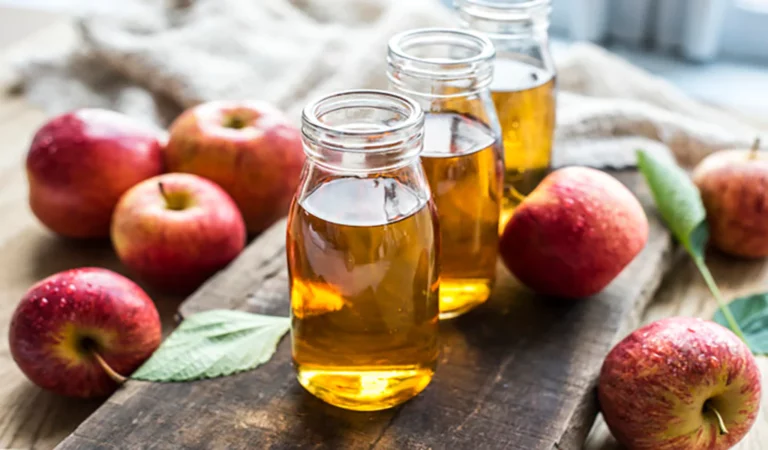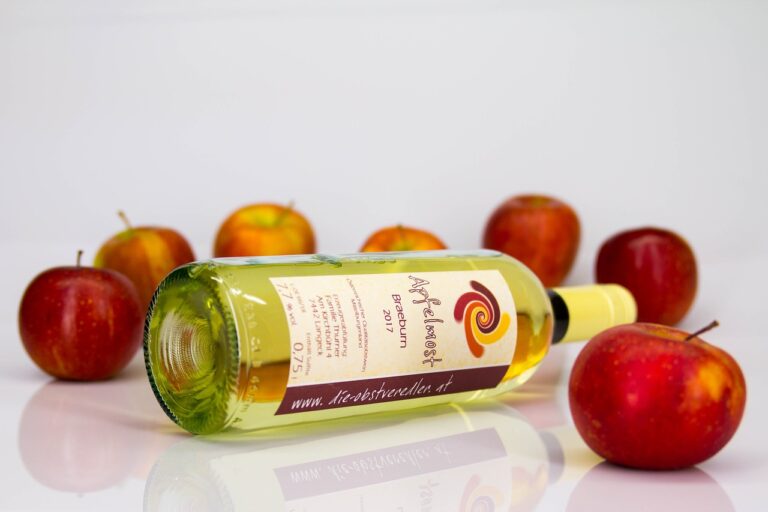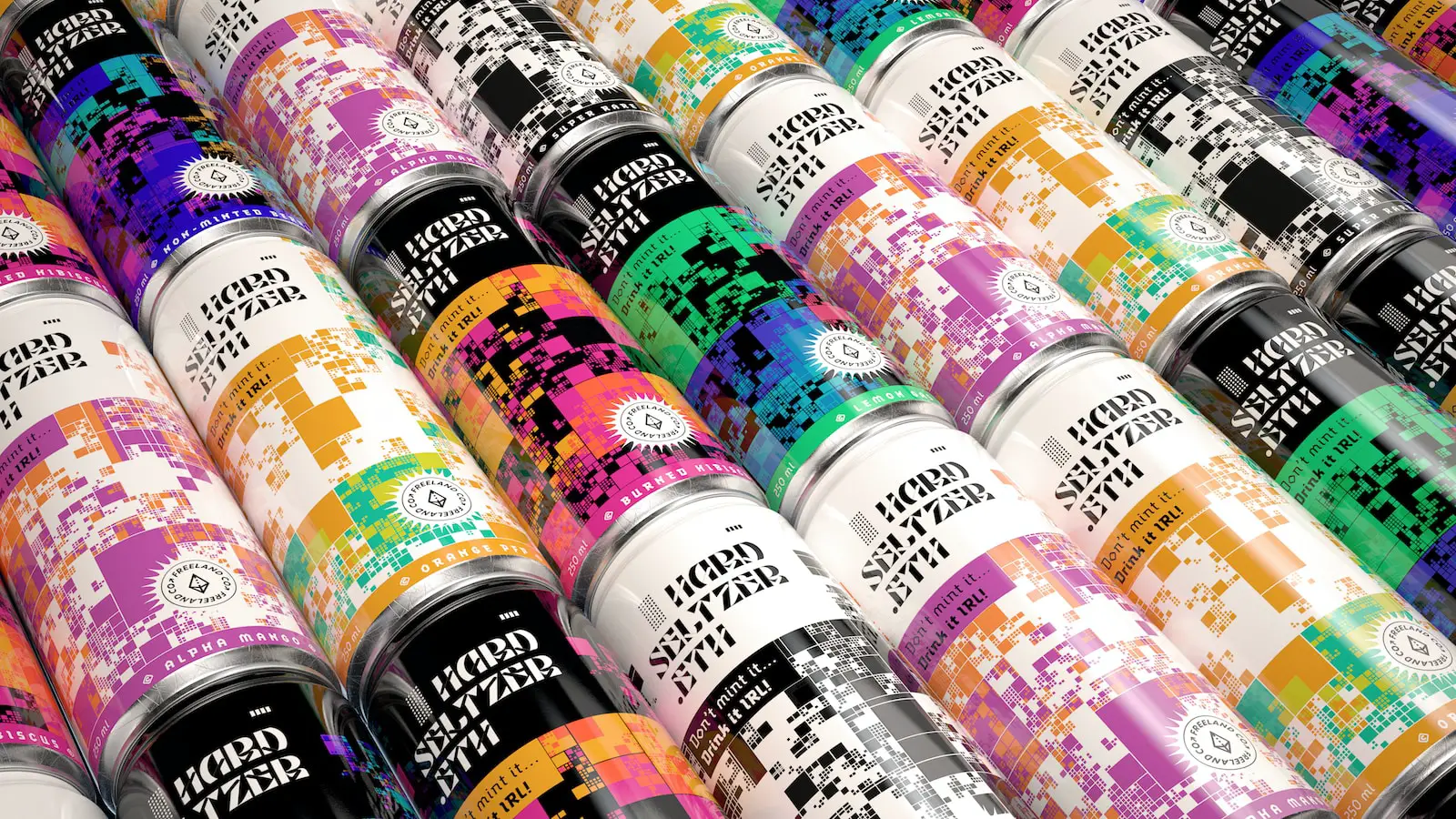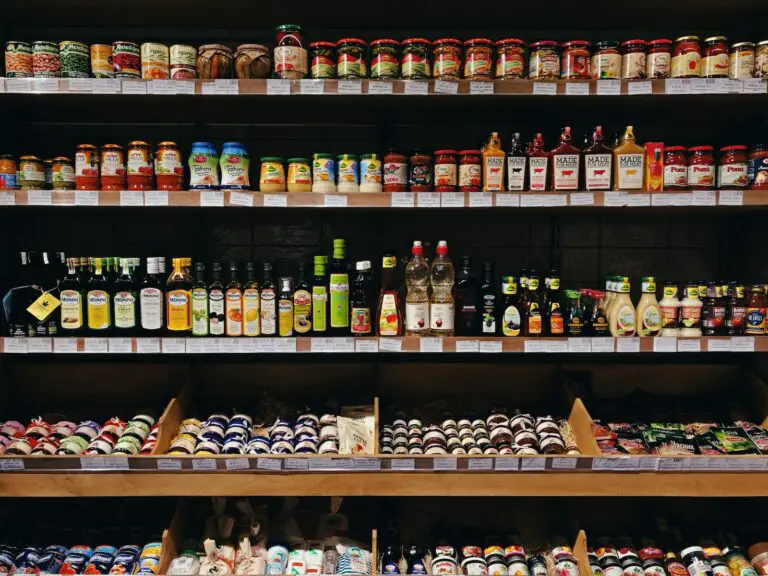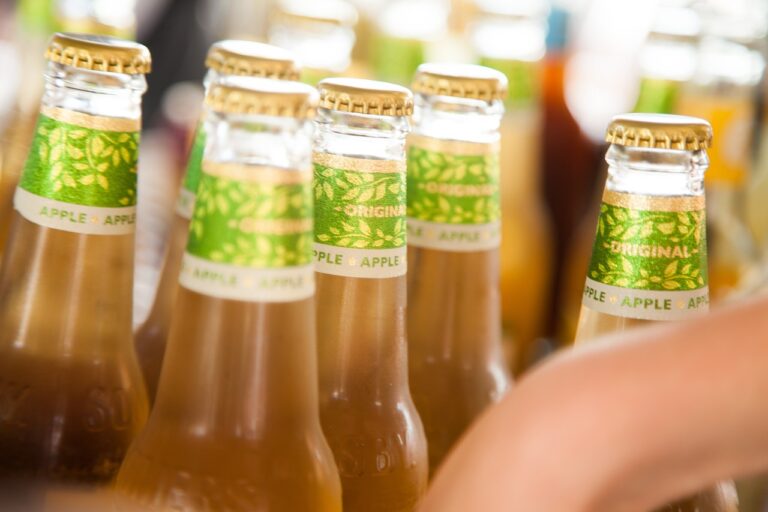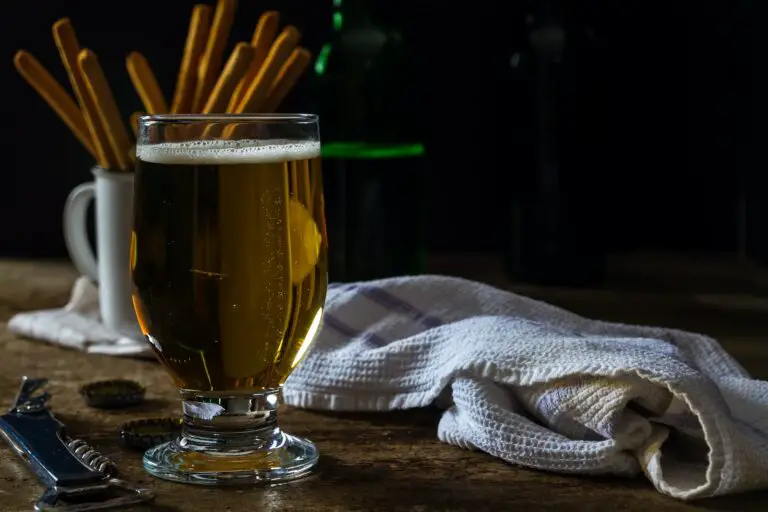Have you ever wondered what lifestyle nuns and religious sisters lead? Are they allowed to indulge in a glass of wine or a beer? What are the rules regarding alcohol consumption for those devoted to the church?
The answer might surprise you.
Although nuns often take vows of poverty, chastity, and obedience, most orders do permit the consumption of alcohol for certain occasions.
If you’re curious about how this balances faith and the religious lifestyle, you’ve come to the right place.
In this article, we’ll explore and explain the details of alcohol consumption for nuns.
You’ll learn about rules and regulations governing alcohol for religious sisters as well as expectations for behavior in social settings.
So read on if you want to understand more about what it means to be a nun—with or without an alcoholic drink in hand!
The Role of Nuns in the Catholic Church
One of the primary roles of nuns in the Catholic Church is to dedicate their lives to Christ and carry out His teachings.
They are expected to live a life of poverty, chastity, and obedience, and many take vows to this effect.
But what does this mean for nuns and drinking alcohol?
The primary factor that influences nuns’ access to alcohol is the rules of their specific order.
While some orders might allow them to have small amounts of wine during special occasions, others may only give permission in cases where the nun’s health could benefit from it.
Furthermore, the rules can change depending on which country the nun is located in; for example, a nun in France may be allowed more than one in Italy.
Ultimately, each order has its own unique regulations when it comes to this topic.
In addition, many orders require that all alcohol consumed by nuns must be done so discreetly, without any fanfare or public display of consumption.
This is due to the fact that nuns are expected to be a source of inspiration for the congregation and should set an example for those around them.
As such, it’s important for them to remain mindful of how their behavior reflects on the Church as a whole.
Ultimately, whether or not a nun can enjoy a drink depends largely on her order’s regulations—as well as where she happens to be located at any given time.
It is important that she abide by whatever guidelines are set forth so she can maintain her status as an example of Christ’s teachings and carry out her duties faithfully.
What Does the Catholic Church Say About Alcohol?
When it comes to what nuns can and cannot do, the Catholic Church is surprisingly clear on the matter of alcohol consumption.
The Church has specific rules that guide the behavior of all Catholics, including those who have entered religious life.
First and foremost, according to Canon Law, nuns are not allowed to consume alcohol.
They are expected to abstain from drinking—and from teaching or promoting alcoholic consumption—in any public or private forum.
This applies to all religious sisters regardless of the order they belong to, but some orders may impose additional restrictions that go beyond even this rule.
Additionally, nuns are encouraged to follow other guidelines when it comes to alcohol as well.
This includes drinking only in moderation and avoiding environments where public drunkenness is present or likely.
Any violation of these rules could lead to a reprimand from their order’s leadership or even expulsion from their community.
Overall, while nuns can enjoy a drink—or two—they must abide by the rules put in place by their order and the Church.
While some may find this restrictive in modern times, these guidelines remain in place in order to preserve the integrity of one’s vocation as one enters religious life.
Does the Vatican Allow Nuns to Drink Alcohol?
You might be surprised to know that yes, the Vatican does permit nuns to drink alcohol, but with a few very important restrictions.
The Vatican has made a point of specifying that nuns should only consume alcohol in moderation and should “avoid getting drunk.”
This is part of the code of conduct outlined in the `Vita Consecrata’ – or the ‘Consecrated Life’ – which stresses the importance of a nun’s maintaining good health: physical, mental, and spiritual.
But why is this so important? Well, in many religious orders, alcohol consumption can be seen as a symbol of excess that can negatively impact any religious duties.
It’s also seen as not being respectful to oneself or others.
In addition, it’s thought that nuns who indulge in alcohol may be less focused on their spiritual lives– lives dedicated to prayer, meditation, and following God’s will.
Abstaining from Addiction in Communities
Ultimately, by abstaining from intoxication and addiction in their communities –something that can affect their reputation negatively– nuns can maintain a close relationship with God while showing respect for themselves and others through responsible drinking.
Since alcohol consumption can cause addiction and health risks, it’s important that those who do choose to drink alcohol do so with reasonable limits.
This means having only a few drinks throughout the night, rather than drinking excessively.
No matter what your religious beliefs are, it’s clear that having balance and self-control when it comes to substances like alcohol is essential for any healthy lifestyle.
Conclusion
So, in conclusion, although we now know that, according to Church teaching, Catholic nuns can drink and even enjoy the taste of alcohol in moderation, the key takeaway from this article is temperance and moderation.
The Church teaches that alcohol can and should be enjoyed responsibly, not just for the religious but for all people.
Abstinence from all forms of alcohol is not strictly enforced by the Church, but it is strongly encouraged for younger Catholics, especially those in religious orders.
Ultimately, it is up to the individual nun and her community to decide if, when, and how alcohol is consumed.
So, while you can certainly enjoy a glass or two of wine or beer in moderation, it’s best to always remember to do so in a responsible manner.


